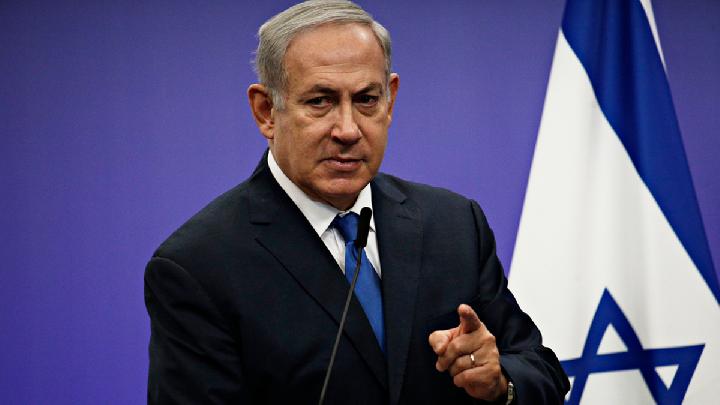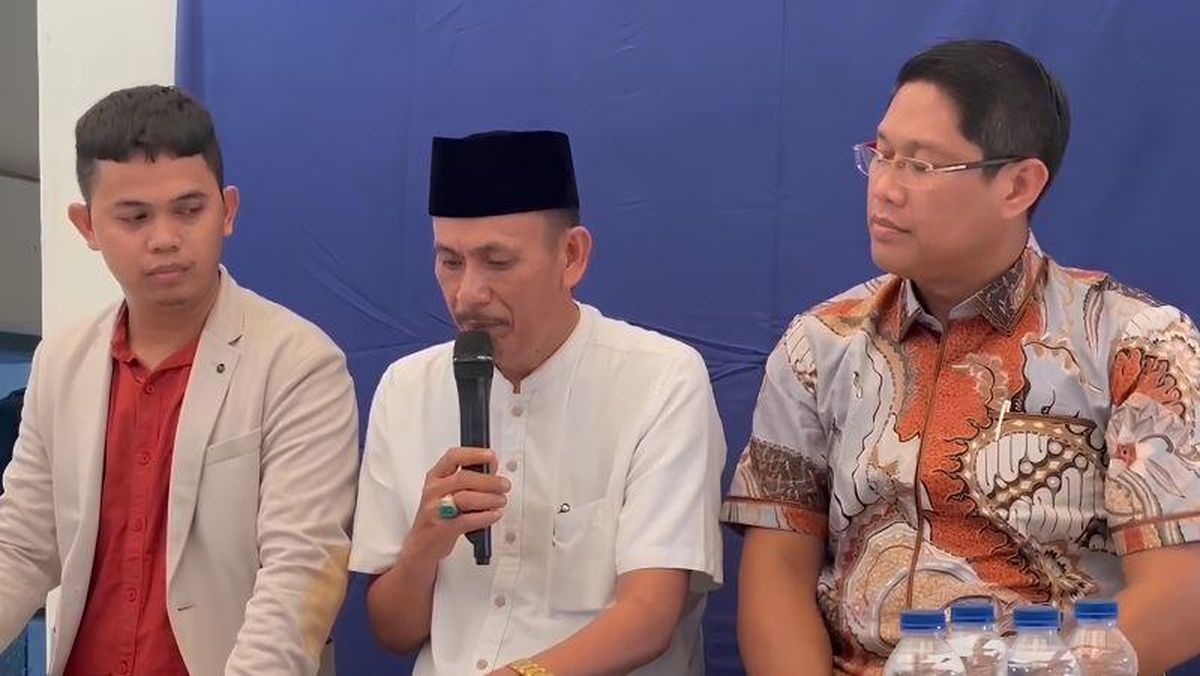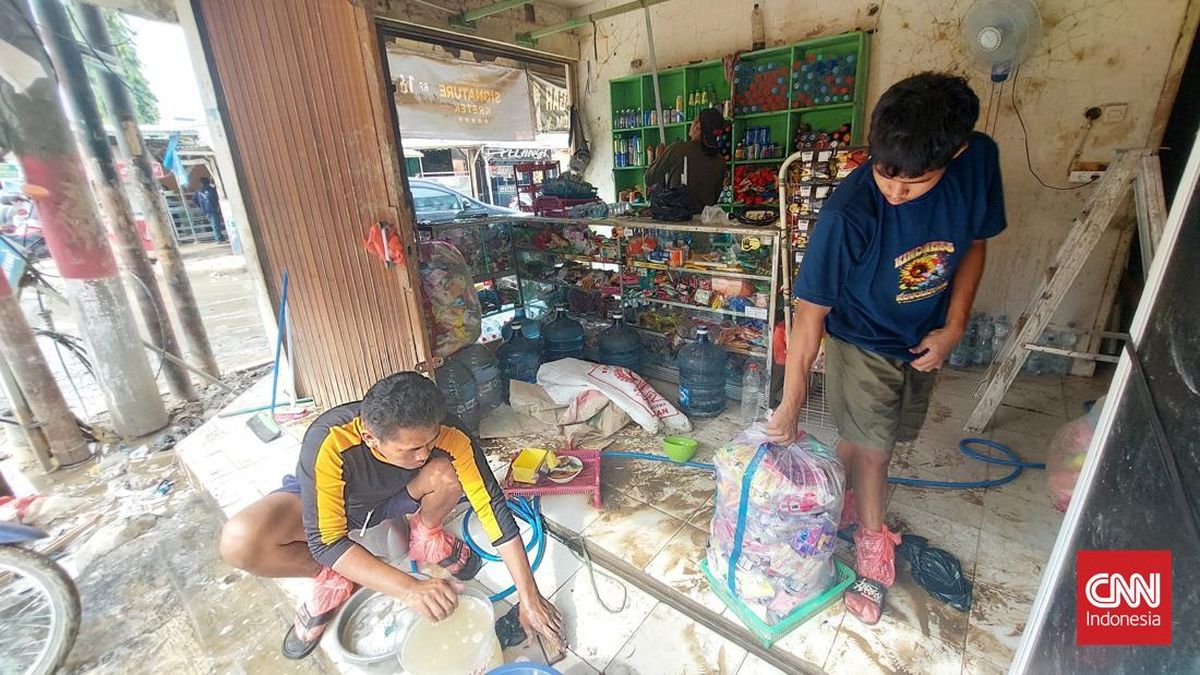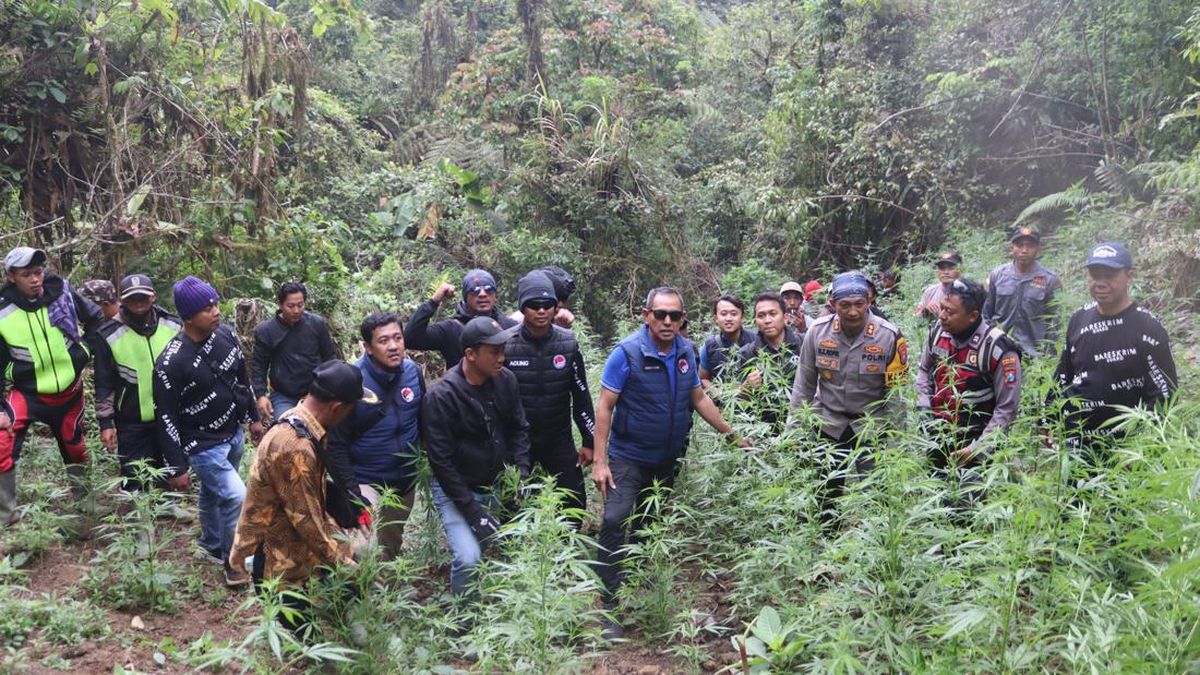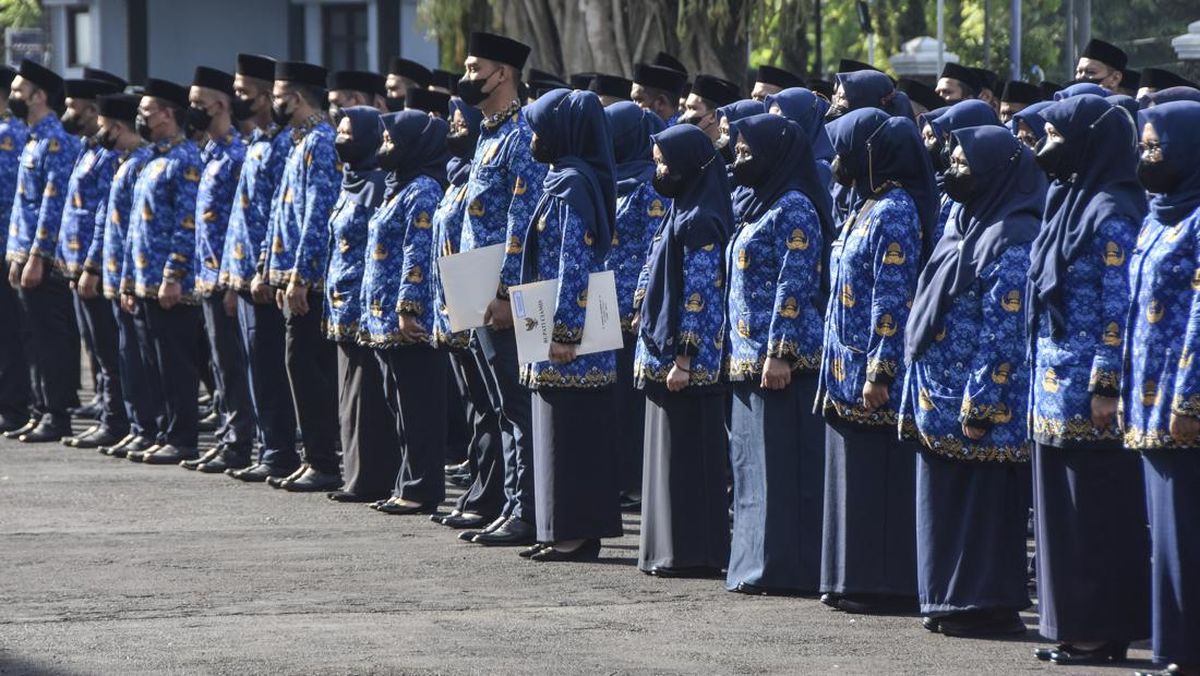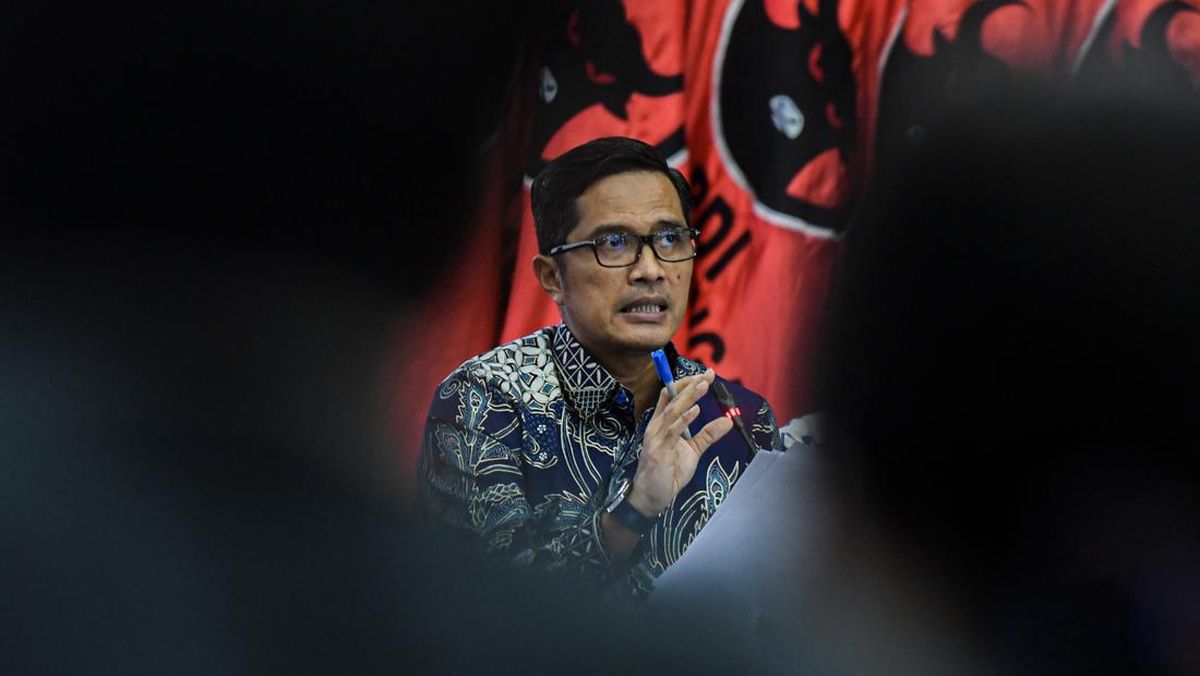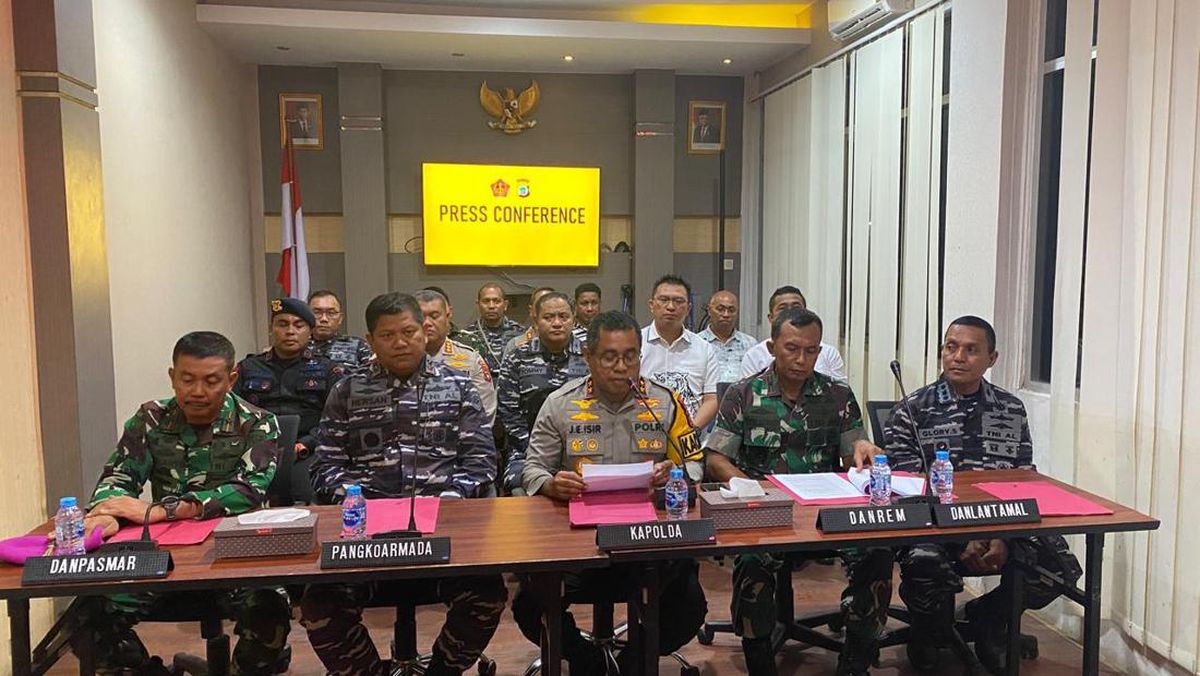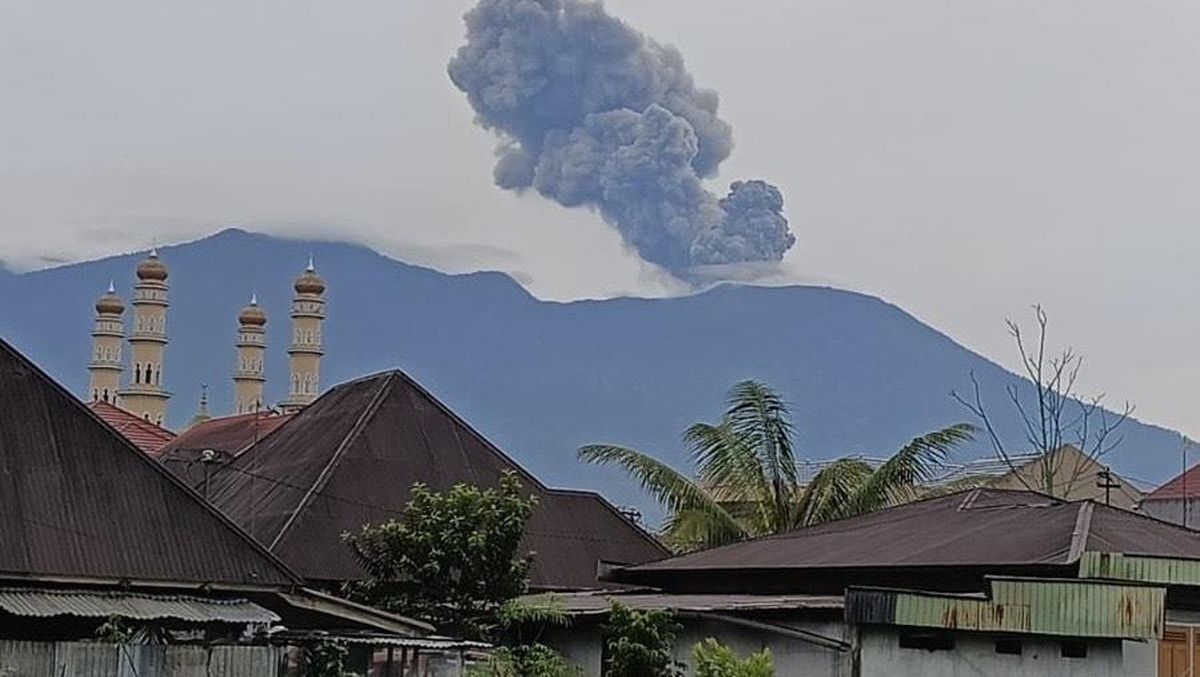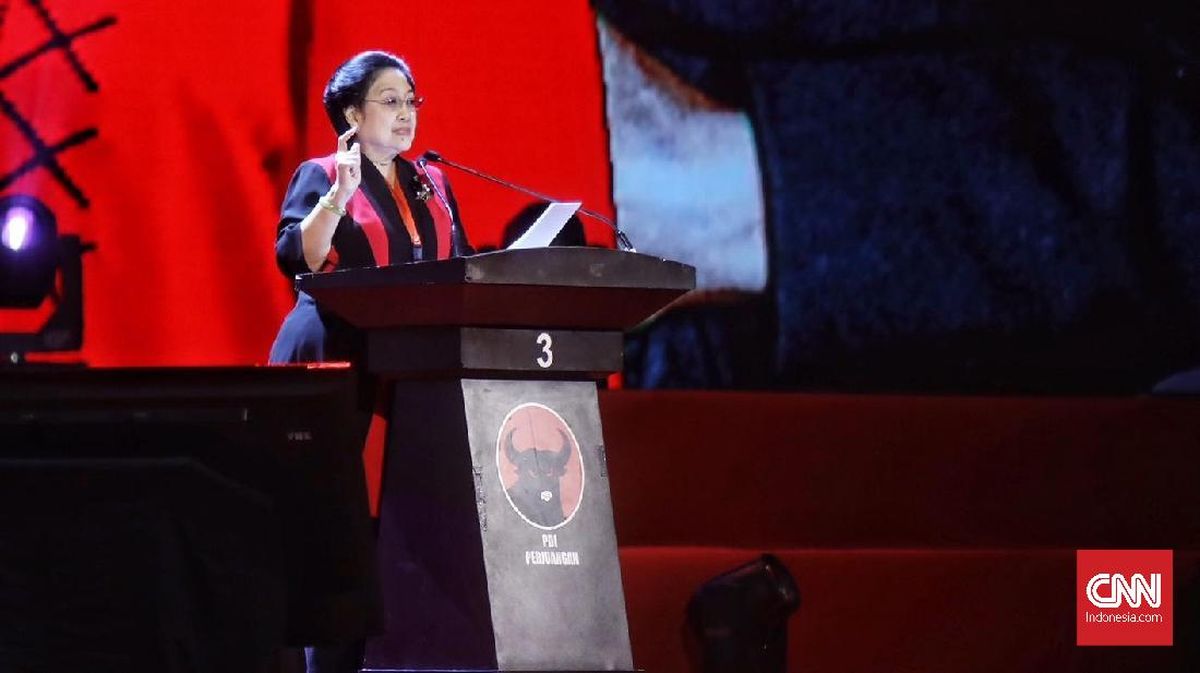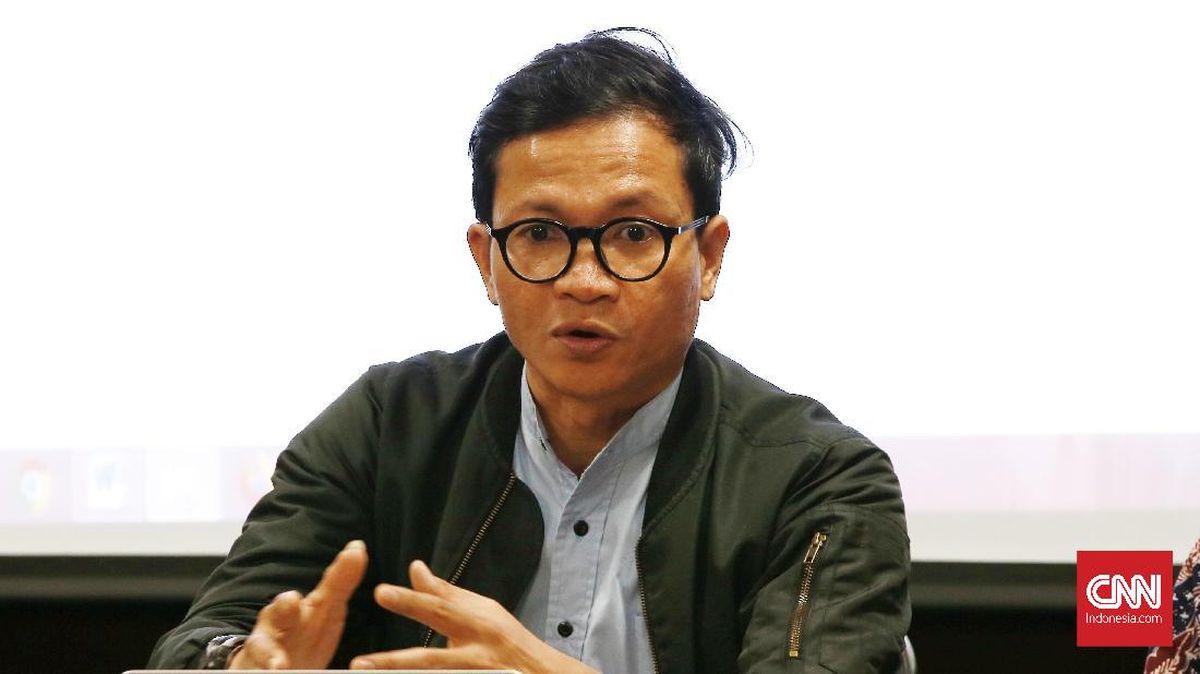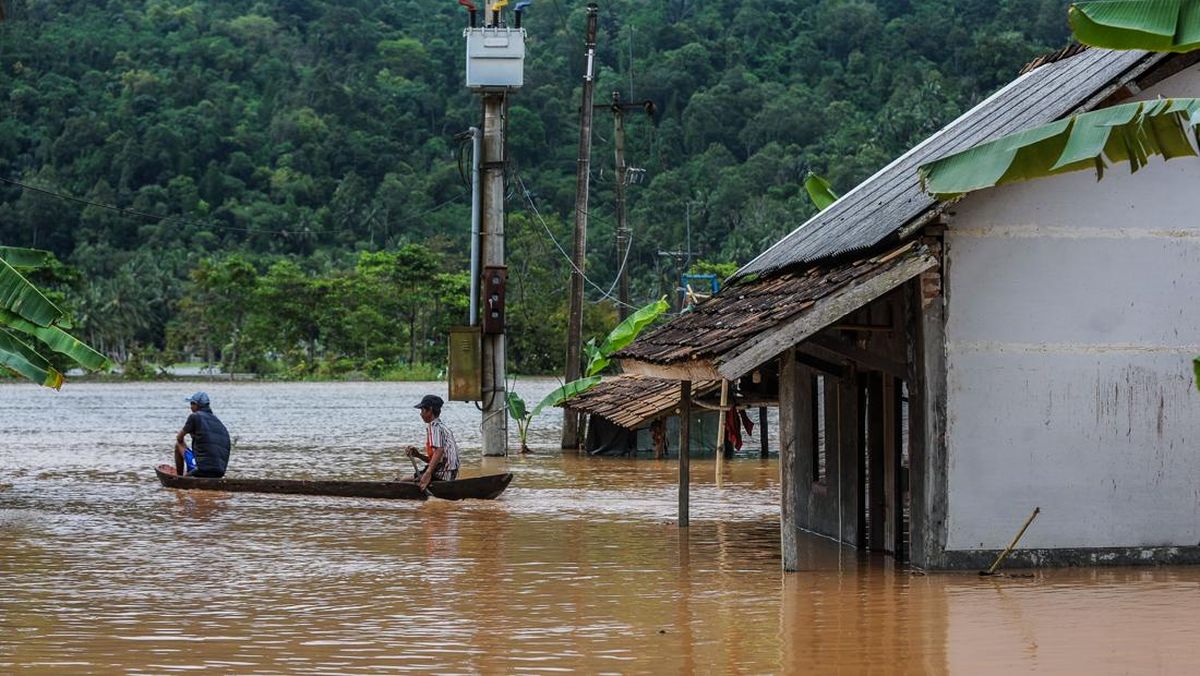TEMPO.CO, Jakarta - The free nutritious meal program (MBG) has been running for almost a month. Until now, the costly program has continued to try to involve various parties, including the business world. The Ministry of Micro, Small, and Medium Enterprises (MSMEs), for example, is trying to invite the Indonesian Employers Association (Apindo) to play a role in the distribution and management of the MBG program.
As part of the supporting scheme, the Minister of MSMEs Maman Abdurrahman proposed that MSME partners of MBG can obtain financing from banks of up to Rp500 million, with a guarantee of a letter of appointment from the National Nutrition Agency (BGN). This initial fund is expected to help MSMEs in providing raw materials. "On condition of obtaining a letter of appointment from the National Nutrition Agency, the bank will provide initial financing of up to Rp500 million to help MSMEs purchase raw materials," said Maman in his official statement, Saturday, January 25, 2025.
Maman conveyed the encouragement to involve MSMEs in MBG again at Apindo's 73rd anniversary event in Setiabudi, South Jakarta, Friday, January 31, 2025. Maman emphasized that Apindo's participation is very much needed to ensure that the distribution and management of this program runs optimally.
The government said that Apindo's involvement would strengthen the MBG program's supply chain. However, on the other hand, the business world needs to consider aspects of profit and regulatory certainty. Maman said the government would not force entrepreneurs to participate, but would offer business opportunities that could be calculated. "If it is profitable in terms of business, go. If not, then don't. We don't force it," he said.
Maman said that the government really needs Apindo's involvement to ensure that the MBG program runs efficiently. "We want this to be a sustainable business ecosystem, not just a five-year project. Therefore, Apindo as a large organization must participate in this movement," he said.
Actually, Apindo is willing to accept the government's invitation. However, apparently there are still a number of unanswered questions. One of them is about the mechanism of Apindo's involvement and what business schemes are offered by the government.
Not only that, the certainty of payment from the government is also a question for business actors. Answering these questions, Maman emphasized that the government is building a digital system based on real-time data, SAPA UMKM, to ensure transparency and efficiency of MBG distribution. However, the implementation of this system is still in the development stage.
Business actors know very well that in various projects involving the APBN (State Budget), bureaucracy is often an obstacle that leads to late payments to business partners. Apindo does not want to be trapped in a high-risk scheme without clarity on the execution.

(Picture above) Minister of Micro, Small, and Medium Enterprises (MSMEs), Maman Abdurrahman in the Press Conference of the Economic Policy Package for Welfare in Jakarta, Monday, December 16, 2024. Doc. Ministry of MSMEs.
Apindo has the capacity to coordinate thousands of entrepreneurs. However, the interest of Apindo members to join the MBG program is still a question mark. On various occasions, the business world often complains about the inconsistency of government policies that often change with changes in leadership. If the government is serious about involving Apindo in this program, legal certainty and regulation are key.
Separately, Apindo stated its readiness to contribute to the Free Nutritious Meals (MBG) program initiated by the government. Apindo emphasized the importance of strict supervision and a clear funding mechanism so that this program can run effectively and have a positive impact on the business world.
Apindo's Head of MSMEs, Ronald Walla, said that he had discussed the cooperation plan with the Ministry of MSMEs twice. According to him, the involvement of MSMEs must be a priority in the MBG supply chain so that the economic benefits of this program are more inclusive. "We strongly support this program, especially in empowering MSMEs. "However, the most important thing is that there is good supervision so that the implementation runs according to the objectives," Ronald told Tempo when met at his office in Setiabudi, South Jakarta, Friday, January 31, 2025.
According to him, certainty in funding is also an important point that the government must immediately clarify. The payment mechanism for MSMEs is one of Apindo's concerns regarding the MBG program. Moreover, previously circulating information that MSME actors must first pay for production before receiving payment from the government.
However, Ronald admitted that in the last discussion with the Minister of MSMEs, the Ministry of MSMEs had confirmed that there would be a more structured funding scheme mechanism. "The majority of MSMEs operate with a daily production system. They do not have a large capital capacity to cover large operational costs. Therefore, certainty in payment is very important so that they can continue to run their businesses well," he said.
In addition to funding, Apindo also emphasized the importance of a good supervision and governance system in this program. To run a large program such as free nutritious meals, Ronald highlighted the need for a clear structure in fund management and transparency in its implementation.
He emphasized that if the management is unclear, there is a risk of losing trust from entrepreneurs. Ronald suggested that there be supervision from independent parties, including the management of certain cooperatives or holding companies that have a good audit system. "Trust from entrepreneurs or practitioners is very important, it is very much needed to be able to work together with the government. This is so that we can create this good movement," he said.
He also added that the governance aspect will affect the sustainability of the program. If there are irregularities in the funding or distribution of MBG, it is feared that it could reduce the interest of entrepreneurs to participate.
Apindo assessed that the MBG program has great potential to drive the national economy, especially for MSMEs. However, Ronald reminded that the policy must be implemented with a sustainable system so that it does not only become a short-term project. "If this program is managed well, the effects can be very broad, not only improving children's nutrition but also encouraging the local food industry and MSMEs to move up a class. However, without clear governance, this program could face major obstacles," he said.
Apindo also highlighted that economic policies often change with the change of government. So the government must ensure the sustainability of this program so that its benefits can still be felt in the long term. "Indonesia has a target of economic growth of 8 percent per year. "If programs like MBG can be run with good supervision, collaboration with the business world will be stronger and help achieve the economic growth target," he said.

(Picture above) Celios Director Bhima Yudhistira (right) and Country Director for Indonesia at Greenpeace Leonard Simanjuntak during a discussion on the 100-Day Report of the Prabowo-Gibran Government in Cikini, Jakarta, January 23, 2025. Tempo/Awab MZ Elbashir.
On the other hand, free nutritious meals are also feared to be a program prone to inefficiency and budget leaks. Executive Director of the Center of Economic and Law Studies (Celios) Bhima Yudhistira Adhinegara revealed that with an initial budget allocation of Rp71 trillion, the potential loss due to poor management reached Rp8.5 trillion. If the budget swells to Rp400 trillion, the potential loss could exceed Rp40 trillion. "This is a program with a giant budget that is not optimally prepared. Procurement of goods and services is late, transparency is minimal, and logistics are centralized, increasing distribution costs," said Bhima.
Celios identified several main factors that make MBG vulnerable to budget leaks. One of them is a centralized logistics system that does not empower local suppliers.
MBG should utilize local food and MSMEs that are close to schools to reduce logistics costs. "But this is actually consolidated into public kitchens, which ultimately increases the cost of sending food to schools," said Bhima.
In addition, poor supervision and a non-transparent procurement process for goods and services are also potential sources of leaks. In fact, Bhima said there were indications that some of the MBG funds were managed unofficially using officials' personal money. "This is one of the programs with a large budget with the highest risk of corruption in the next five years," he said.
To avoid waste and increase the effectiveness of MBG, Celios gave several recommendations to the government, for example by empowering schools and local MSMEs. School committees and the business ecosystem around schools, such as canteen owners and MSMEs, must be given priority in managing MBG. The government does not need to hand over control to public kitchens, let alone be managed by the military.
In addition, Bhima also suggested that the government encourage the dominance of local food. "The MBG program must be based on local food ingredients, not dominated by supplies from outside the region which increases distribution costs," he said.
He also recommended that the program use an individual targeting scheme. According to Bhima, not all students should receive MBG for free. Schools that are classified as elite or with students from well-off families can be required to pay contributions for MBG, while students from underprivileged families still receive full subsidies. "This scheme has been implemented in Japan and has proven effective," he said.
Rather than allocating a large budget for national coverage, the MBG should be targeted to marginal areas with high food prices and severe malnutrition rates.
Without significant policy changes, Bhima warns that the MBG risks becoming a large project that is not only wasteful but also vulnerable to abuse. "If it continues to be run as it is now, it is not impossible that this program will become the biggest budget scandal in the history of the government."
Editor's Choice: Bank Mandiri Designs Financing Scheme of Up to Rp500 Million for MSME Partners of Free Nutritious Meals Program
Click here to get the latest news updates from Tempo on Google News














